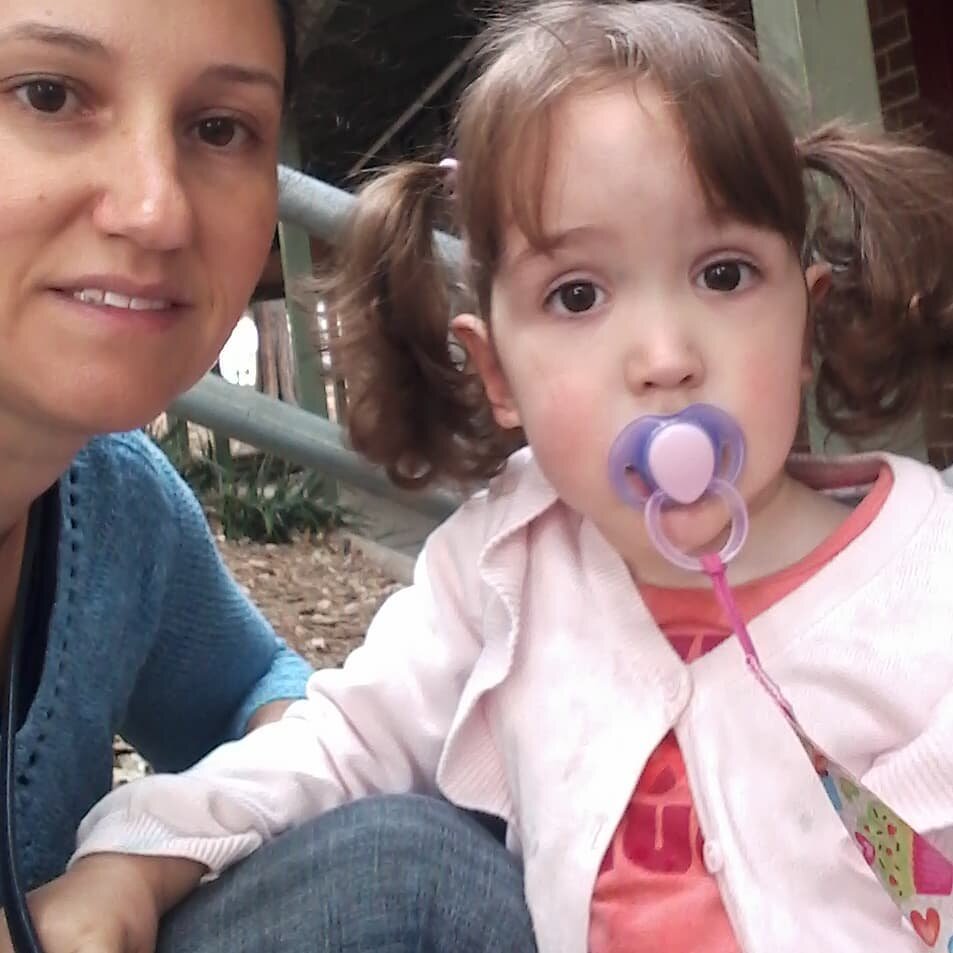How I went from unsure and overwhelmed to empowered

Early Intervention and my role as a parent
The early days of a diagnosis are tough. It’s true when they say it is a roller coaster ride. It can be extremely overwhelming – many of us have not had exposure to working or living with people with disabilities prior to having our child. We may not have even heard of Early Intervention and many other new words that get thrown around with our child’s diagnosis.
For many of us our first experience, when we notice delays or get a diagnosis, is to be referred to therapists. Speech Therapists, Occupational Therapists, Physical Therapists…. For me initially, I did not even know what these therapists did! Speech therapists help with feeding? Occupational Therapists work on equipment and play therapy? What are fine motor skills? It was all very confusing….
We are expected to pick things up quickly and focus on the progress of our children. In the beginning I just took my child to these therapists, watched, and listened, not really sure what role I was expected to play or do. I just booked the sessions, turned up with my child and hoped for the best!
Along the way, I started to connect with parents who were also going through this, through social media groups and in waiting rooms. I spoke to some further down the track than I was, and they shared their experiences with me.
As I started to get my head around the jargon, I started to ask more questions in the sessions, learnt a bit more about the processes they were going through. I needed to set goals as part of the NDIS process, so I started to ask myself questions around how much therapy my child may need to get to those goals.
I became a more of an active participant with the therapists. I started to see therapy as more of a means to an end goal– and spent less time watching the therapists, more time talking to them about what they were doing, why and picking up tips to take the therapy home.
I became more empowered in my role. I started to see the vital role that I played. I was not just the admin, co-ordination and transportation. I was the manager. I moved from a place of overwhelm and insecurity to seeing myself as in control of many things.
By seeing a range of therapists, talking to other parents about their experiences, I realised some therapists were a better fit for our family than others. It wasn’t just about location, but about their skills, understanding of my child and attitude towards her. The ones that had higher expectations of her, always seemed to achieve a better outcome.
In the end it was up to me to find the right therapists, gain the knowledge in the therapy sessions to put those skills into place in daily life, so my child had the right opportunities and practise to thrive.
I was managing the NDIS budgets, managing our time so that my child had the right balance of rest, play, therapy and day care – plus throw in a few necessary Dr appointments.
I started to take my own needs into account as I realised this extra mental load meant I needed to look after me. I put plans into place for time-outs, whilst my child was in day care, respite or with other family members. I put time aside to meet with other mums of children with disabilities, that could relate to my new life. I felt emboldened and proud of myself – realising how far I had come from the parent who could not get my head around it all, to now giving advice to others.
It is a transition for sure, but over time, with the support of others who have trod the road before, things get easier. life starts to get into a routine and your child will amaze you.
It’s not the job you applied for when you had a child – but it is the most rewarding, albeit sometimes full-on, but most important job in the world!
by Heather Cox
Heather is a mum of two girls, Erica (7) and Arianna (4) – the youngest of which was diagnosed with Sotos Syndrome. Heather and her husband AIberto, are proud parents, Iiving in the Inner West of Sydney. Heather is passionate about inclusion and making life better for people with disabilities and their families. She is particularly passionate about rare diseases and has helped set up and is an active committee member of the Sotos Syndrome Association of Australasia. She has big dreams for both her daughters and hopes that the world wiII be a better, more accepting pIace in the future for aII unique famiIies.